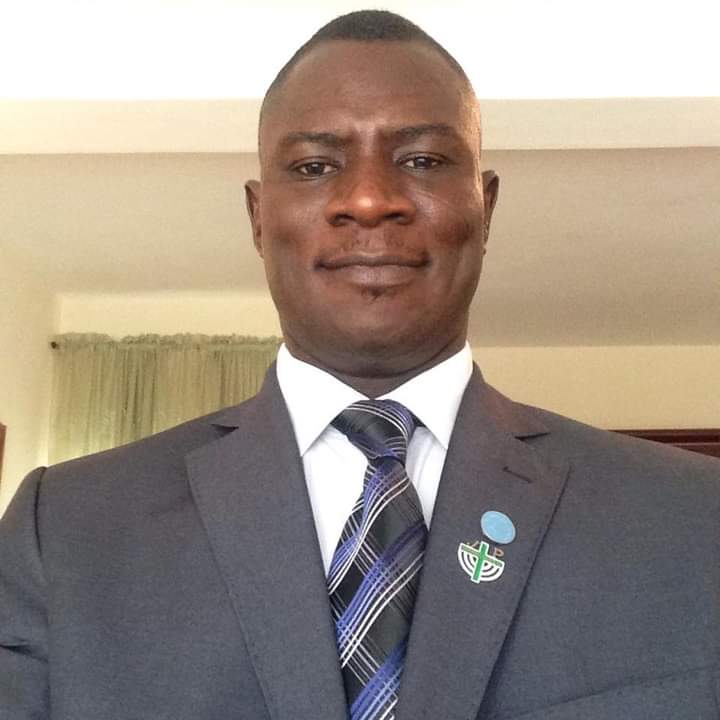By Israel Bulus, Kaduna
Prince Bala Audu (MCArb), a current ADC to a serving State Governor, has won the National Association of Kaduna State Students (NAKASS) distinguished Award of Excellence.
Presenting the award on Saturday the 29th of July 2023 at Asa Pyramid Hotel in Kaduna, the National President of the Association, Amb. Ibrahim Bigkhaleel disclosed that the event was designed to showcase the immense contribution and services to humanity, societal transformation, and educational development in Kaduna State and Nigeria.
Bigkhaleel maintained that the Award was also aimed to spur Prince Bala Audu to sustain his good gesture towards humanity.
He hailed Prince Bala and other awardees, who amongst them are 3 current commissioners in the present government of H.E. Sen. Uba Sani, for standing amid their contemporaries, saying the award was a duty call for more development for their people.
” NAKASS is proud to recognize Prince Bala (MCArb), who did not view investment in education as a burden but as a responsibility because of its far-reaching impacts on society.
Prince Bala, who was represented by Bar. John Ayuba applauded NAKASS for recognizing his commitment to education in Kaduna State.
To ensure sustainability of the efforts of this noble objective that started in 2009, he decided to establish PRINCE BALA AUDU FOUNDATION in 2018 .
He further described the award as a challenge to do more while listing some of his numerous contributions toward societal development.
Prince Bala Audu (MCArb) who was born over 53 years ago to the family of late Audu Yakubu Baku ( Magaji) of Aninka in Gwantu Chiefdom, Sanga Local Government Area of Kaduna State, maintained that his recognition will remain indelible in his mind and spur him to put more efforts in service to humanity.
” He has among other things provided learning materials, e.g, over 20 pieces of whiteboard makers, over four hundred seats to both secondary and primary schools students and paid JAMB, WAEC, and NECO registration fees to over 300 students.
Our correspondents report that Prince Bala is a technocrat of many traditional titles within and outside his state.










